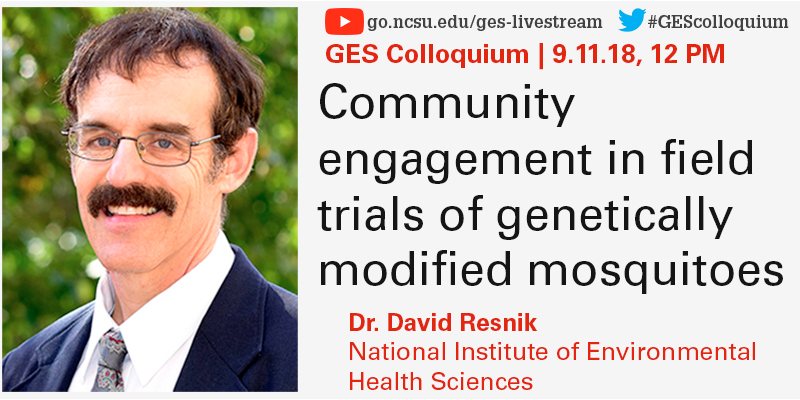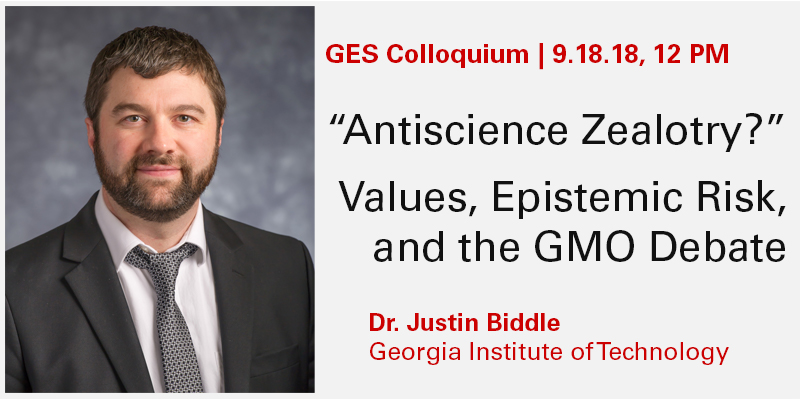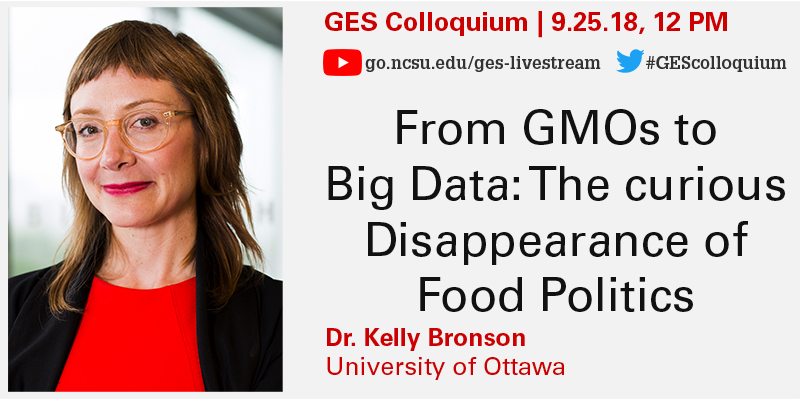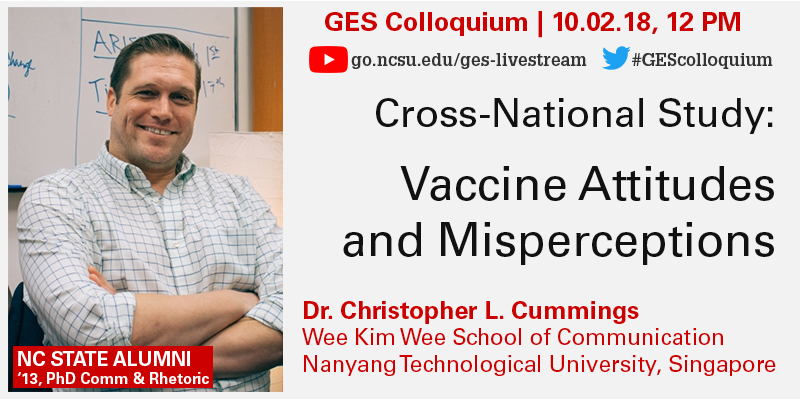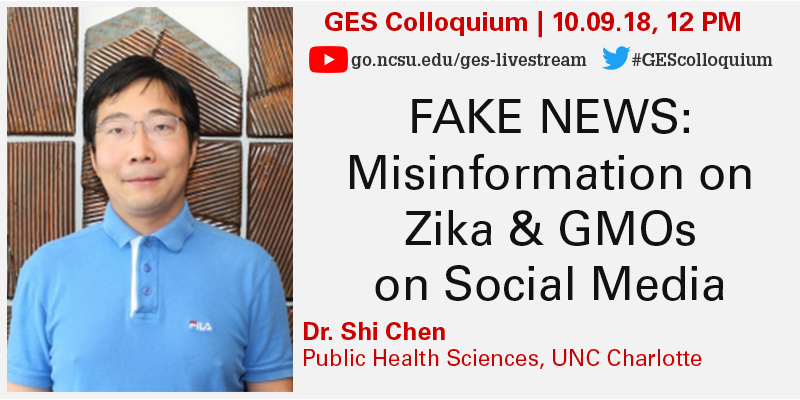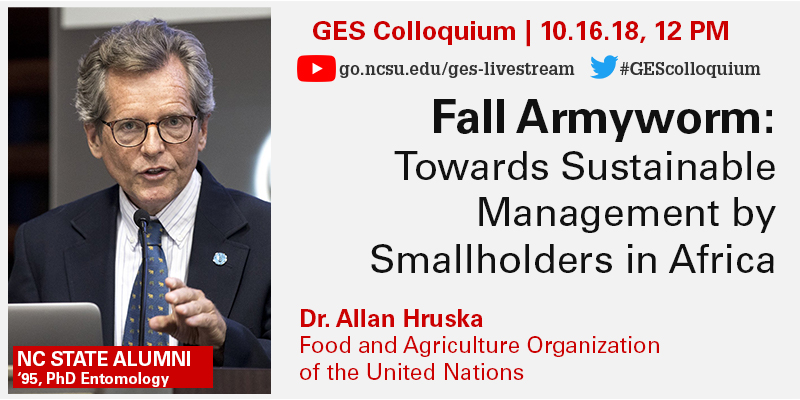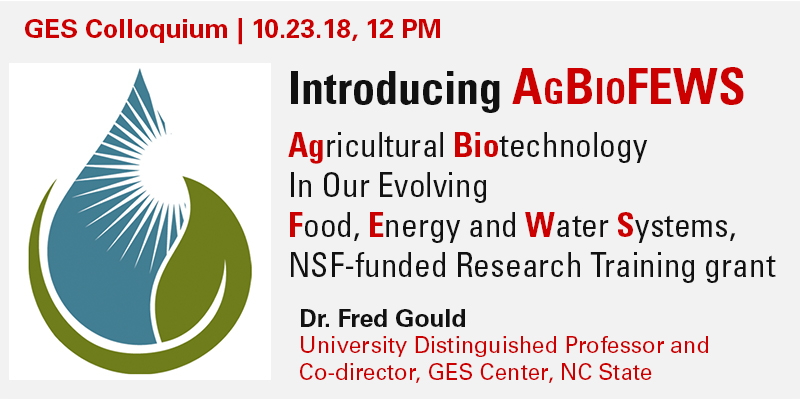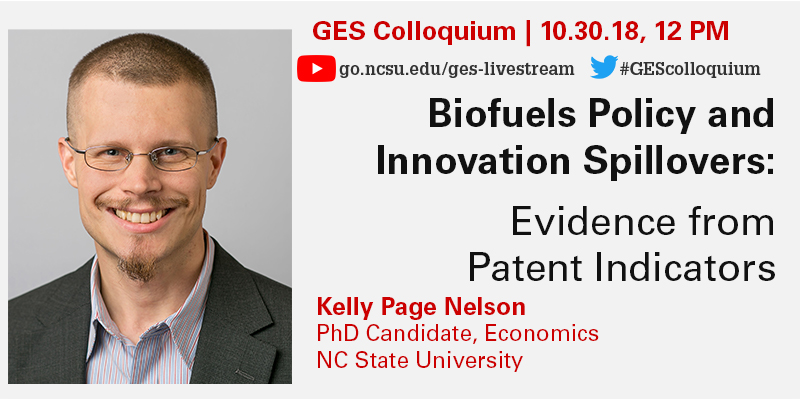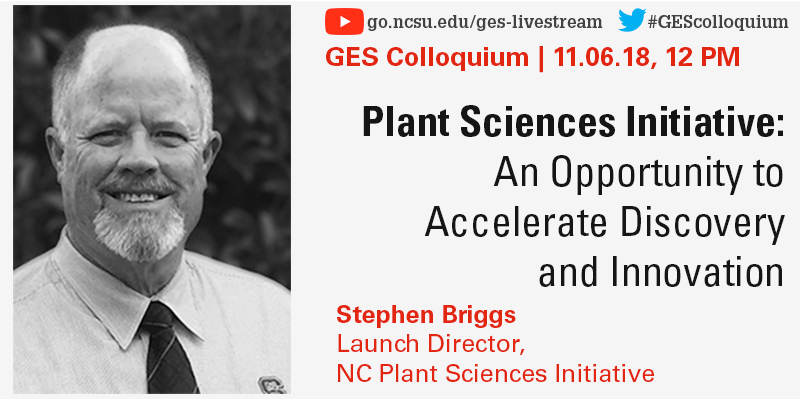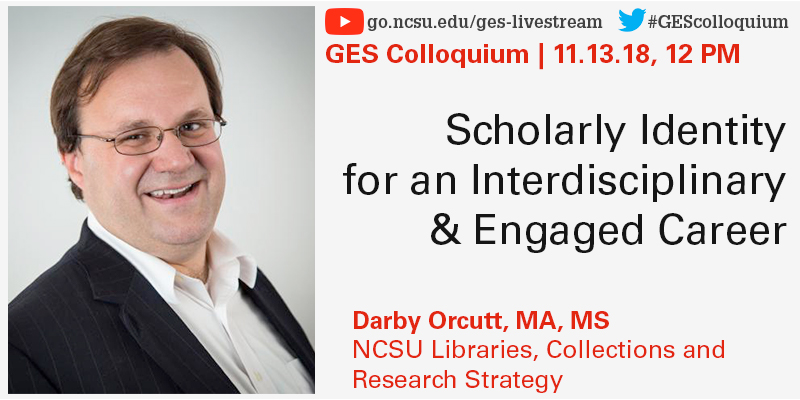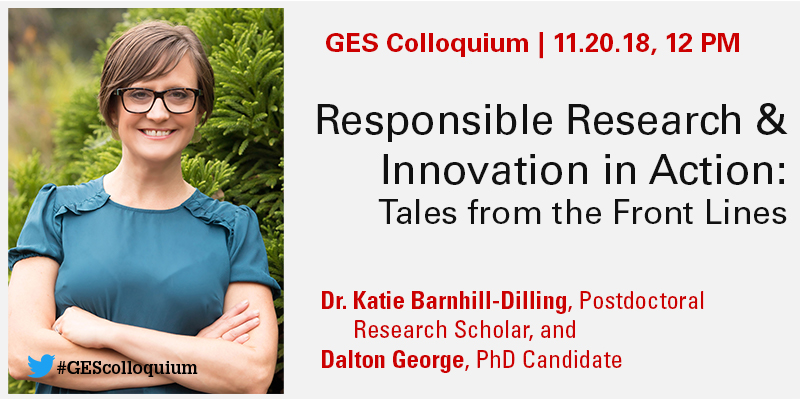David Resnik – ‘Community engagement in field trials of genetically modified mosquitoes’
1911 Building, Room 129 (North Campus) 10 Current Dr., Raleigh, NC, United StatesSpeaker: David Resnik | Abstract: Effective community engagement is an important legal, ethical, and practical prerequisite for conducting field trials of genetically modified mosquitoes, because these studies can substantially impact communities and it is usually not possible to obtain informed consent from each community member.
